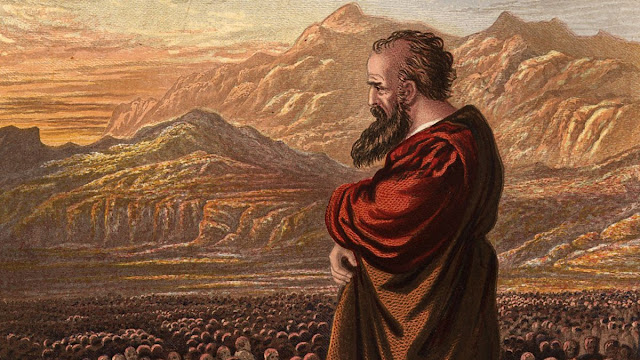Book of Isaiah
(See: video)
Book of Isaiah, likewise spelled Isaias, one of the major prophetical works of the Old Testament. The superscription distinguishes Isaiah as the child of Amoz and his book as According to 6:1, Isaiah accepted his call - in the year that King Uzziah passed on, and his most recent recorded movement is dated in 701 BC. Just parts 1-39, nonetheless, can be relegated to this period. Some of the time a further differentiation is made between Deutero-Isaiah and Trito-Isaiah.
Parts 1-39 comprise of various maxims and reports of Isaiah alongside a few accounts about the prophet that are credited to his devotees. The development of the book was a steady cycle, its last structure dating from maybe as late as the fifth century BC, a date proposed by the plan of the materials and the late augmentations. Despite the extensive and confounded scholarly history of the book, nonetheless, Isaiah's message is obviously recognizable. He was abundantly affected by the clique in Jerusalem, and the commended perspective on Yahweh in the Zion customs is reflected in his message. He was persuaded that main an unflinching confidence in Yahweh, as opposed to in political or military collusions, could safeguard Judah and Jerusalem from the advances of their adversaries explicitly, in this period, the Assyrians. He required an acknowledgment of the sway of Yahweh and energetically reproved whatever neutralized or clouded Yahweh's motivations from social shameful acts to pointless cultic observances. Despite the fact that Isaiah articulated Yahweh's judgment upon Judah and Jerusalem for their untrustworthiness, he additionally declared another future for the people who depended on Yahweh.

